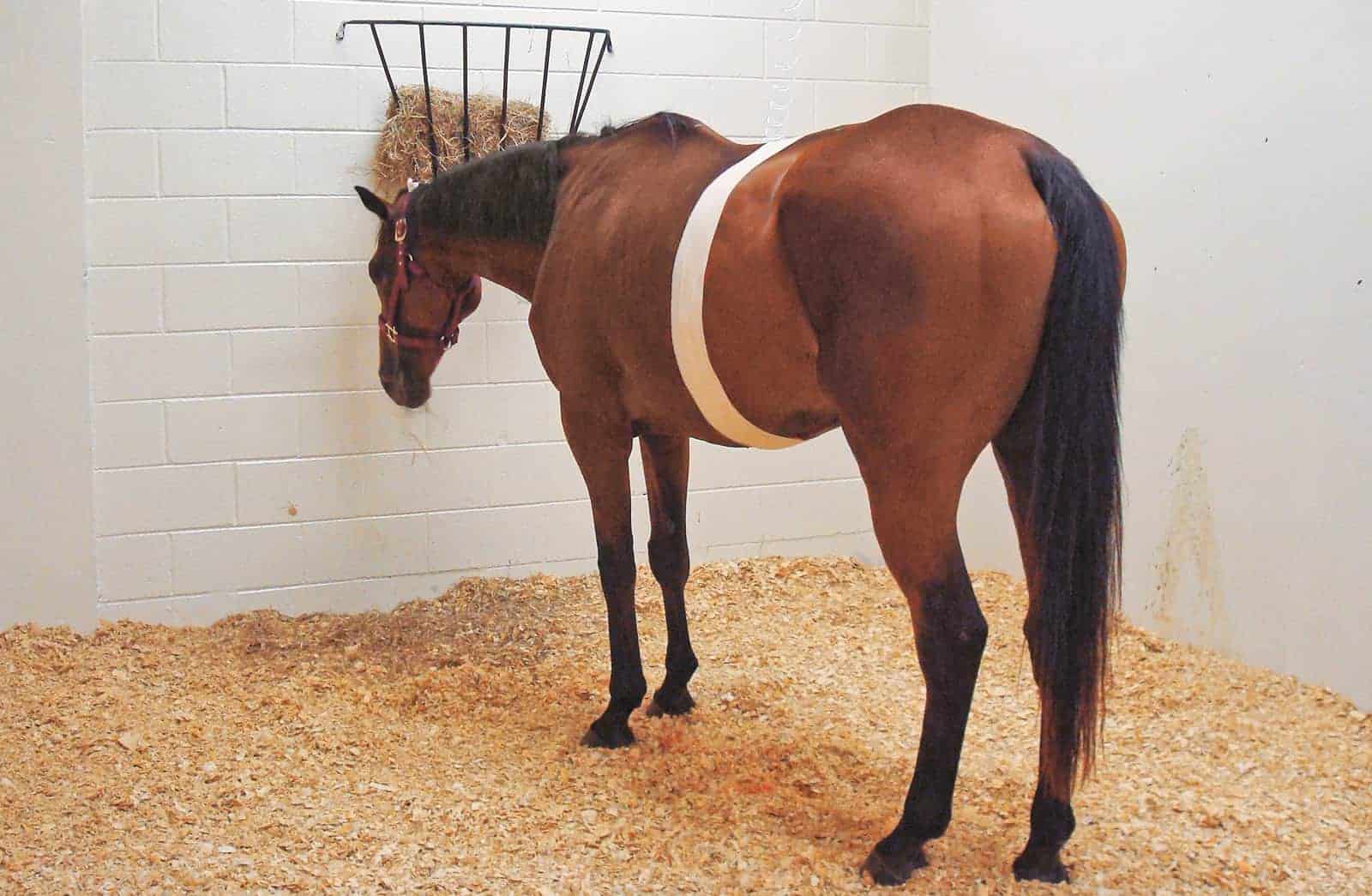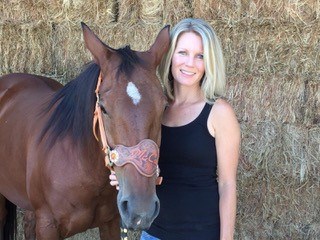Feeding Practices at U.S. Equine Veterinary Hospitals

Proper nutrition and a balanced diet are important components in keeping horses healthy. But nutrition is even more critical when a horse’s health has been compromised, such as during serious illness or after surgery. In such cases, many horses stay at equine veterinary facilities to receive around-the-clock care, but recent study results suggest some clinics might not be placing enough emphasis on nutrition during horses’ hospital stays.
“I was surprised at the number of equine veterinary hospitals that did not have specific nutritional protocols in place for conditions such as laminitis, colic, tying-up, etc.,” said equine researcher Jo-Anne Murray, PhD, MSc, PgDip, PgCert, BSc (Hons), BHSII, RNutr, PFHEA, associate dean of digital education at the University of Glasgow College of Medical, Veterinary, and Life Sciences, in Scotland.
Murray and colleagues sent out 115 surveys to U.S. veterinary hospitals, and 24 facilities responded. While 79% of respondents reported taking rehabilitative status and type of surgery/ disorder into consideration when deciding feed types, 21% of respondents reportedly fed all patients the same type of feed, despite their condition
Create a free account with TheHorse.com to view this content.
TheHorse.com is home to thousands of free articles about horse health care. In order to access some of our exclusive free content, you must be signed into TheHorse.com.
Start your free account today!
Already have an account?
and continue reading.

Written by:
Casie Bazay, NBCAAM
Related Articles
Stay on top of the most recent Horse Health news with











